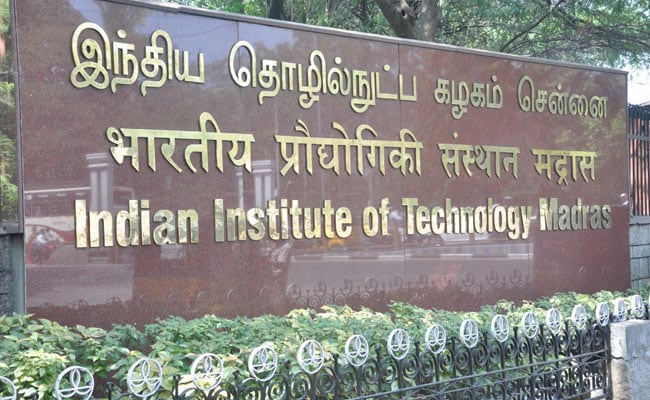Best Engineering Colleges in India Based on NIRF Rankings 2022.
The Ministry of Education has released the National Institute Ranking Framework (NIRF) 2022 in 11 categories including overall, Universities, Colleges, Research Institutes, Engineering, Management, Pharmacy, Medicine, Dentistry, Law and Architecture.

NIRF Ranking 2022 for Best Engineering Colleges in India is now available on the official website of NIRF – nirfindia.org. The Ministry of Education has released the National Institute Ranking Framework (NIRF) 2022 in 11 categories including overall, Universities, Colleges, Research Institutes, Engineering, Management, Pharmacy, Medicine, Dentistry, Law and Architecture.
When it comes to the top engineering colleges in India, the Indian Institute of Technology (IIT) Madras has maintained its top position for the seventh year in a row. IIT Delhi and IIT Bombay have secured 2nd and 3rd spots respectively.
This year, two NITs have also found their place in the NIRF Ranking 2022 engineering category. NIT Trichy has secured 8th position while the NIT Karnataka (Surathkal) is positioned at the rank 10.
Here is a list of the top 10 engineering colleges in India as per the NIRF Rankings 2022:
| Name of the College | Location | NIRF Ranking |
| Indian Institute of Technology | Madras | 01 |
| Indian Institute of Technology | Delhi | 02 |
| Indian Institute of Technology | Bombay | 03 |
| Indian Institute of Technology | Kanpur | 04 |
| Indian Institute of Technology | Kharagpur | 05 |
| Indian Institute of Technology | Roorkee | 06 |
| Indian Institute of Technology | Guwahati | 07 |
| National Institute of Technology | Tiruchirappali | 08 |
| Indian Institute of Technology | Hyderabad | 09 |
| National Institute of Technology | Karnataka, Surathkal | 10 |
Best Engineering colleges In India: NIRF Ranking Overview:
The National Institutional Ranking Framework (NIRF) was approved by the MHRD and launched by Honorable Minister of Human Resource Development on 29th September 2015.
This framework outlines a methodology to rank institutions across the country. The methodology draws from the overall recommendations broad understanding arrived at by a Core Committee set up by Minister of Human Resource Development (MHRD), to identify the broad parameters for ranking various universities and institutions. The parameters broadly cover “Teaching, Learning and Resources,” “Research and Professional Practices,” “Graduation Outcomes,” “Outreach and Inclusivity,” and “Perception”.






